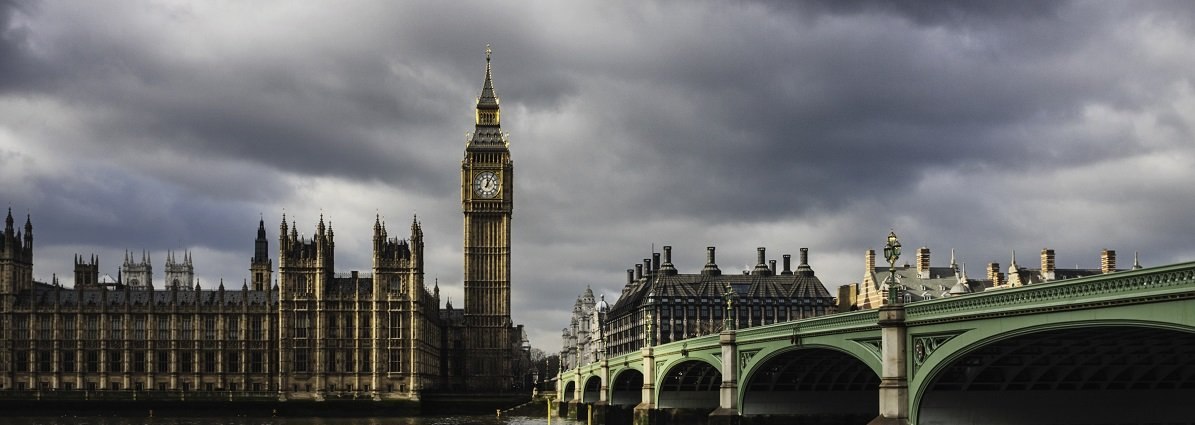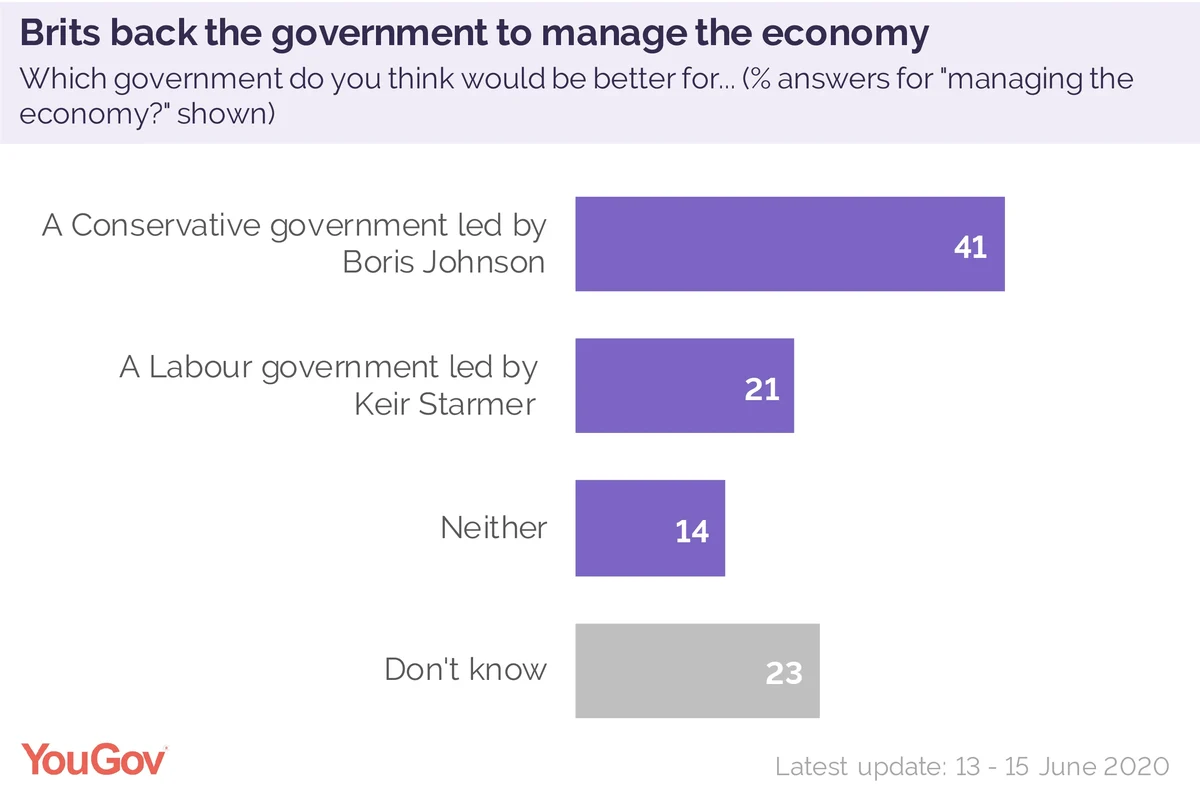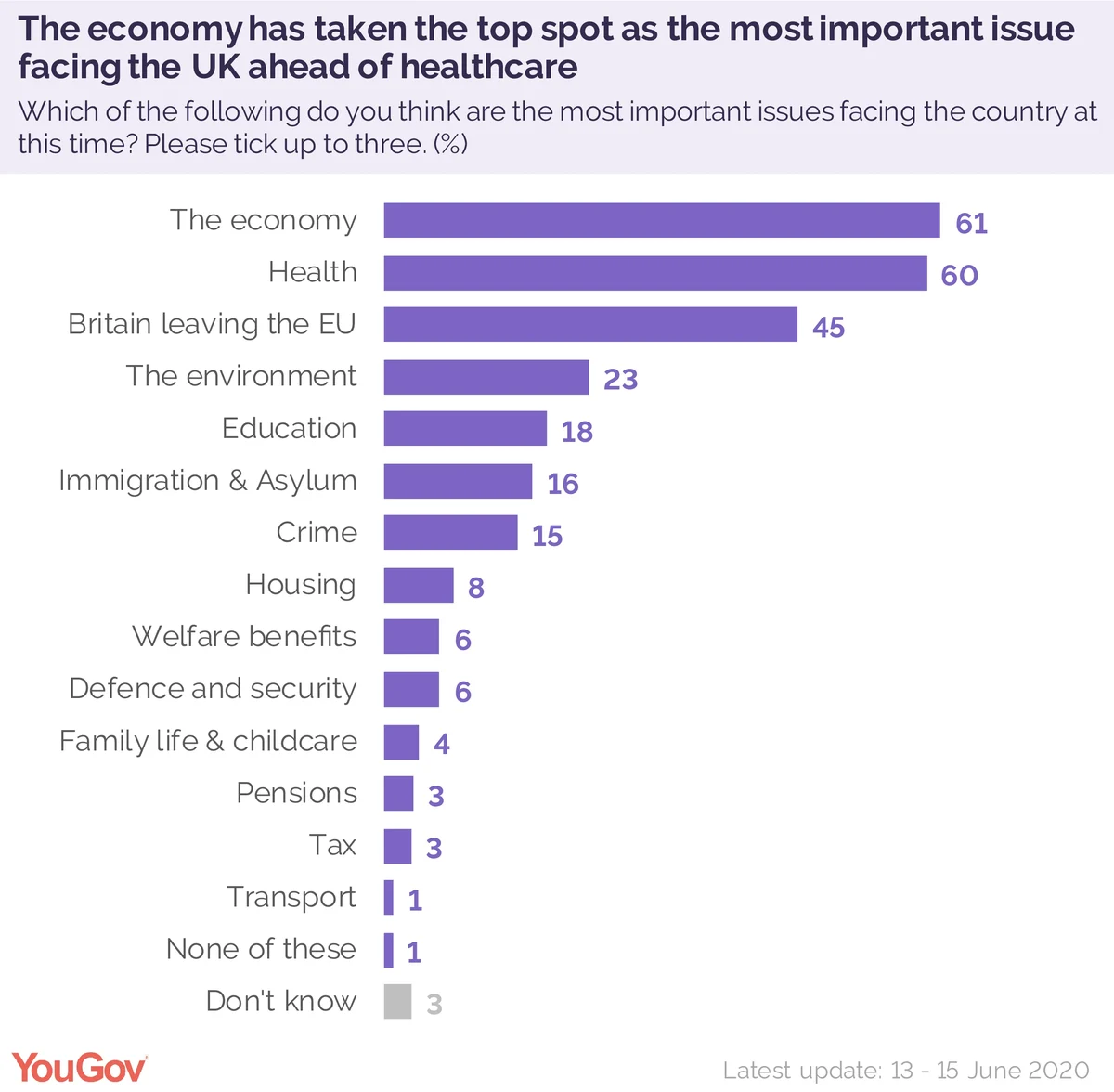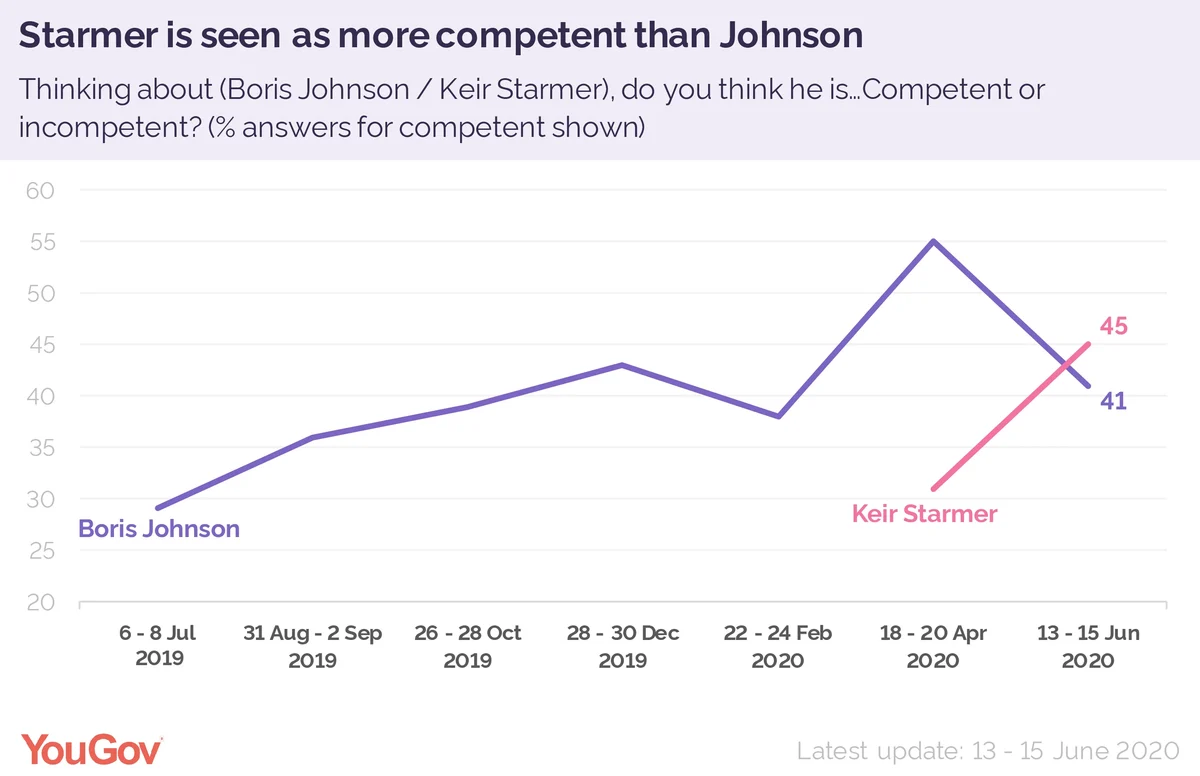Labour is still struggling to regain credibility on the economy, nearly 13 years after the global financial crisis.
The latest YouGov tracker results show that 41% of Britons think a Conservative Government led by Boris Johnson would be best at managing the economy, compared to just 21% who would opt for a Labour Government led by Keir Starmer.
The Conservatives have been consistently ahead on this measure since the crash, although in recent years the subject had somewhat dropped off the agenda. After the 2015 election the economy fell behind immigration, then Brexit, then healthcare during COVID-19, as the perceived most important issue facing the country.
But this week, as lockdown rule ease yet further, the economy has once again taken the top spot. Six in ten (61%) now say the economy is the most important issues facing the country, ahead of healthcare (60%) and Brexit (45%).
So with the debate slowly shifting towards how to deal with the economic fallout of the pandemic, maintaining a lead on this critical metric will be a key challenge for the Conservatives. But there are two elements that will make this particularly difficult.
Firstly, there is less appetite for shrinking the state than there was after the financial crash. In 2008, two thirds (67%) of the public thought the Government should “tax less and spend less”, while just 6% thought the Government should “tax more and spend more”. That has now dramatically reversed, with 29% in our latest poll thinking that the Government should be increasing tax and spend, and just 17% thinking it should be decreasing - while 28% said that the government gets the balance about right.
While the Conservatives have tried to distance themselves from austerity under Johnson, this is clearly a more difficult turf for the party to play on.
Secondly, while these policy debates are important, the economy is largely a valance issue. That is to say, rather than specific policy positions, many voters care more about who they perceive to be best at achieving a universally agreed goal, such as managing the economy well.
But this could also help Labour close the gap. This week’s results also revealed a rare sighting, a Labour leader who is perceived to be more competent than the Conservative leader. Just 41% perceive Boris Johnson as being competent, down 14 percentage points since April, compared to 45% who see the Labour leader as competent, up 14 percentage points.
On the reverse of this, just 11% view Keir Starmer as incompetent (as many are still yet to form a view) with 47% believing this to be an apt description of the Prime Minister.
Even at the height of Corbynmania, in the days running up to the 2017 election, the Labour leader still lagged behind Theresa May on competence 34% to 53%.
The Labour Party will be hoping that this perceived competence in their leader will rub off on them, and with a public more sympathetic to their general economic outlook, allow them to reclaim the mantle of economic credibility once again.












